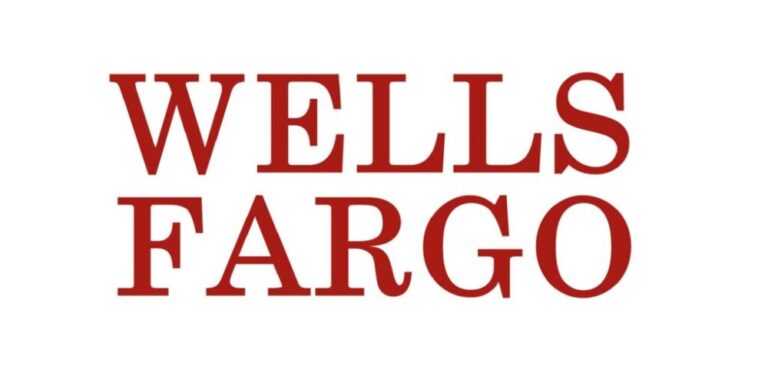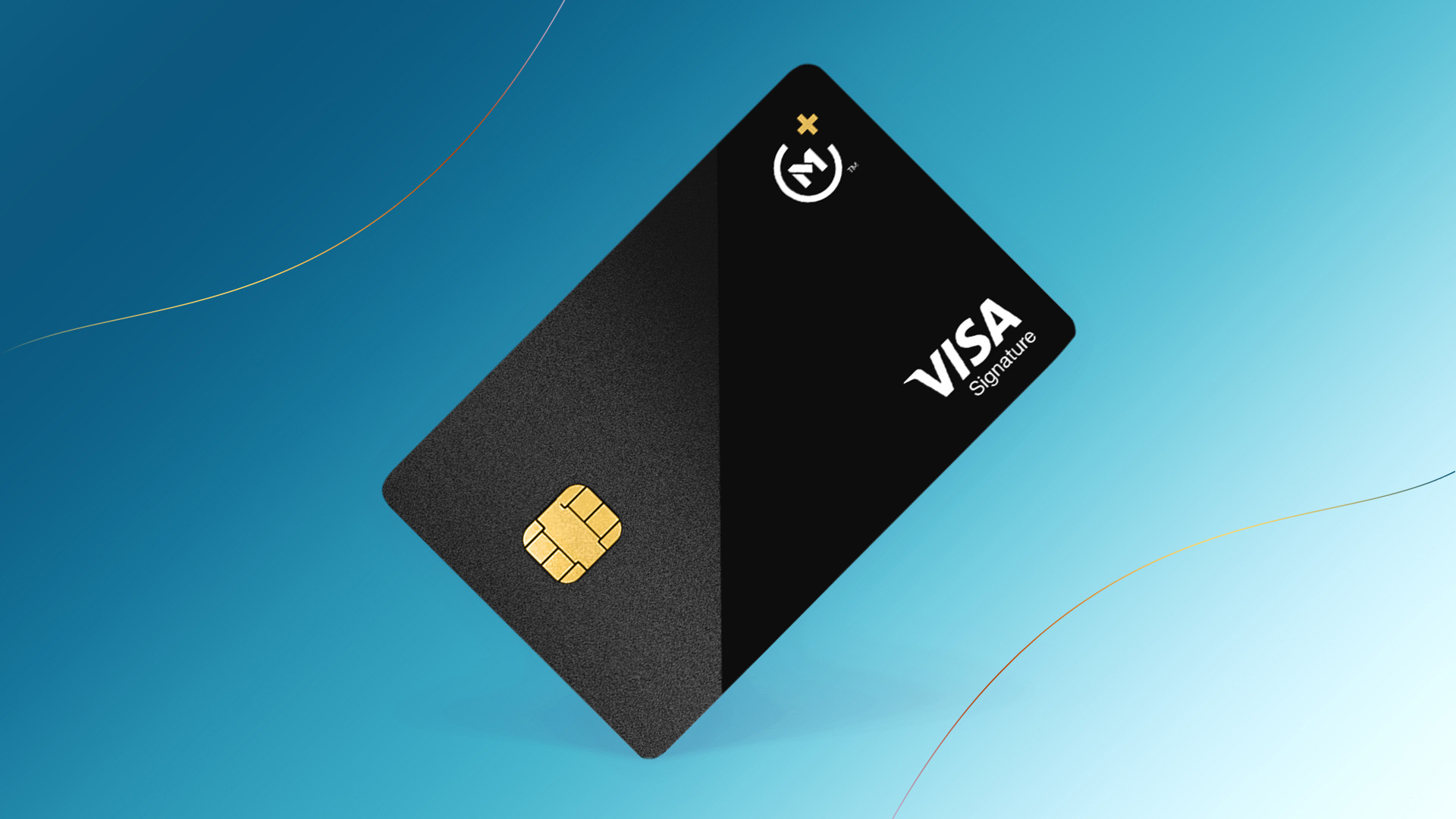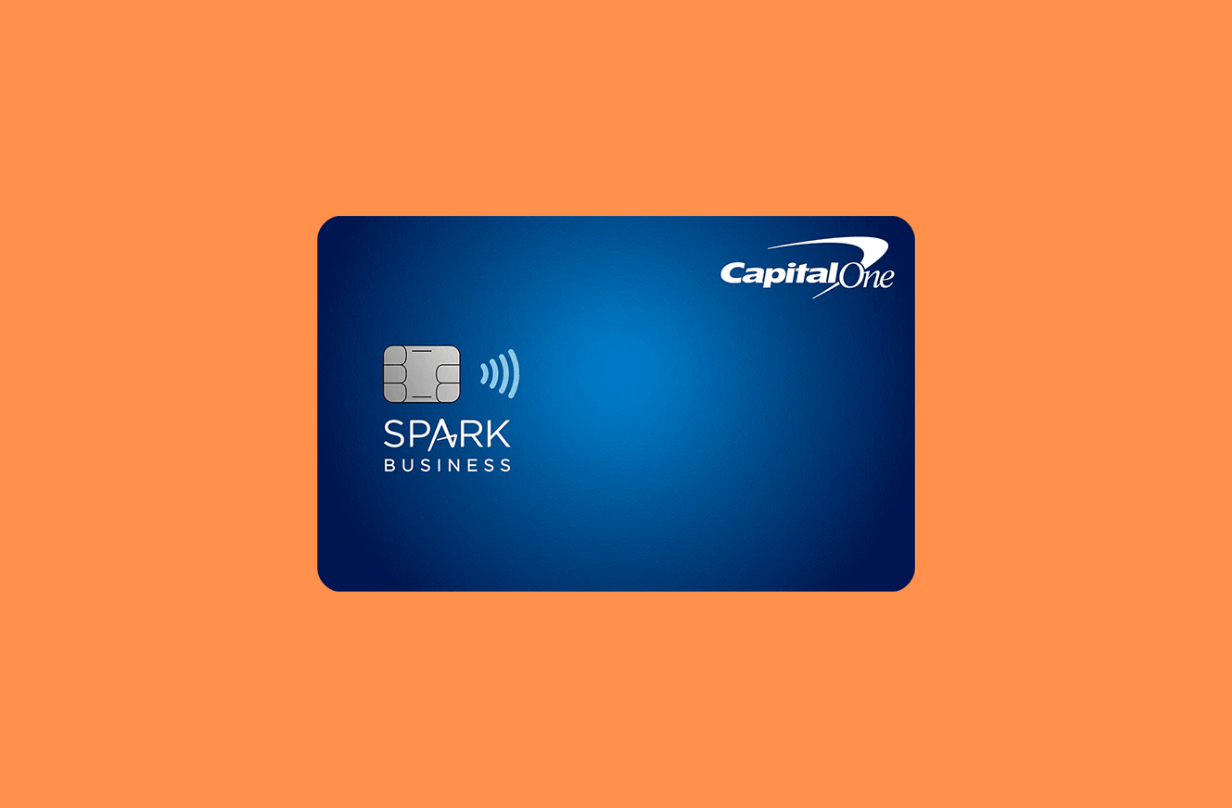How Inflation Affects Credit Card Use and Management

The Rising Costs and Your Financial Choices
As prices of everyday goods and services climb, many Americans are feeling the pinch. This economic reality prompts a critical evaluation of how we handle our finances, particularly concerning our credit cards. The relationship between inflation and credit card usage is complicated, yet understanding this connection can empower consumers to make wiser financial decisions.
When the cost of living increases, many individuals find themselves relying more on credit cards to manage essential purchases such as groceries, gas, and utilities. This shift, while sometimes necessary, can have several repercussions:
- Increased debt levels: As prices rise, balances tend to inflate due to mounting necessary expenses. This can lead to a cycle of debt where individuals may find it challenging to pay off their credit card balances, resulting in financial stress.
- Higher interest payments: If the Federal Reserve raises interest rates to combat inflation, consumers may face increased rates on their credit cards. Consequently, unpaid balances can accrue interest swiftly, making the cost of borrowing significantly more expensive.
- Changes in spending habits: Inflation may shift consumer priorities, compelling individuals to focus more on needs over wants. For example, a family may limit dining out and instead use their credit card for essential purchases like medical bills or household necessities.
In light of these challenges, it becomes imperative to adopt a proactive approach to managing credit cards effectively. Here are several strategies to navigate through inflation:
- Track your spending diligently. Create a budget that allows you to distinguish between essential and discretionary spending. Utilizing budgeting apps can simplify this process, keeping you aware of your financial habits and helping you avoid unnecessary debt.
- Pay more than the minimum whenever possible. Aim to pay off your credit card balances promptly. This approach minimizes interest payments and helps you regain control over your financial situation.
- Evaluate rewards programs. Not all credit cards are created equal. By selecting cards that offer cash back or rewards on the categories you spend the most in, such as groceries or gas, you can maximize your benefits even amid rising prices.
By embracing a mindful approach to credit card usage, you create a pathway through the turbulent waters of inflation. Each financial decision you make today can be a step towards securing a brighter financial future. Remember, the goal is not just to survive economically, but to thrive despite the challenges that inflation presents. Equip yourself with knowledge and strategies, and regain power over your financial destiny.
LEARN MORE: Click here for a detailed guide
Understanding the Impact of Inflation on Your Credit Card Management
As inflation continues to reshape the economic landscape, it is essential to grasp its impact on credit card use. Many Americans are finding themselves navigating a delicate balance between maintaining their standards of living and managing their finances wisely. The fluctuating prices of goods and services often force consumers to alter their spending habits, leading to a significant reliance on credit cards. This reliance can be both a lifeline and a burden, depending on how it is managed.
In times of inflation, the reality of rising costs often means that essential goods become more expensive, adding to the strain on household budgets. When families face tighter financial situations, their credit cards may see increased utilization. Credit cards can provide an immediate solution to cover necessary expenses, but this short-term relief can lead to long-term financial challenges. As balances grow, so does the potential for accumulating debt, a situation that can quickly spiral out of control if not handled carefully.
- Increased reliance on credit: Many individuals may resort to credit cards for everyday purchases such as groceries, school supplies, and fuel. While this can help bridge the gap during an economic crunch, it is crucial to remember that every swipe increases the risk of falling into debt.
- Interest rates and debt accumulation: If inflation prompts higher interest rates, consumers could find themselves facing escalating minimum payments. This can create a vicious cycle where the balance on their credit cards grows faster than they can pay it down, leading to a long-term struggle with debt.
- Shift in financial priorities: Inflation also forces consumers to reassess their spending priorities. With rising prices, many might limit discretionary purchases, focusing their credit card use on essentials. While this approach can help prevent overspending, it requires a disciplined strategy to ensure credit management does not falter during challenging times.
To combat the potential pitfalls of increased credit card use during inflationary periods, consumers must adopt strategic practices to enhance financial health. One effective method is to establish a clear budget that separates needs from wants, allowing for more informed financial decisions. Furthermore, monitoring spending habits can provide insight into areas where adjustments may be necessary.
By being proactive, you can ensure that your credit card remains a tool of convenience rather than a source of stress. Take the time to evaluate your current financial situation and make adjustments as needed. Every small change can lead to significant improvements, empowering you to take charge of your financial future during uncertain economic times.
DISCOVER MORE: Click here for details on applying for the HSBC World Elite Mastercard
Strategies for Empowered Credit Card Management in an Inflated Economy
Understanding how to navigate credit card usage in an inflationary period is not just about recognizing the challenges; it is also about exploring effective strategies to keep your finances intact. In a world where prices are continuously increasing, it is vital to adopt financial practices that promote responsible credit management and ultimately lead to financial empowerment.
One of the most essential strategies is developing a monthly spending plan. With an inflationary environment affecting your purchasing power, a budget becomes your financial compass. By categorizing your expenses into fixed and variable costs, you gain better insight into where your money is flowing. This clarity allows you to assess your need for credit with greater discernment, diverting funds from luxury purchases to more critical expenditures. This keeps credit card debt manageable, which is especially important as interest rates may rise in response to inflation.
Another aspect to consider is keeping a vigilant eye on interest rates. As the Federal Reserve raises rates to combat inflation, credit card interest rates may also increase. If you already carry a balance, this can have major implications for your overall debt load. Knowing when to pay down your balance can save you significant amounts on interest in the long run. Aim to make payments above the minimum whenever possible; this approach can drastically reduce your balance and your financial stress.
Utilizing credit card rewards wisely can also be advantageous during times of inflation. While conventional wisdom often advises spending less, strategically using cards that offer cash back or other rewards for essential purchases can provide a small financial cushion. For example, if your grocery card offers 3% cash back, using it for basic needs can help offset those inflation-driven costs. Just be diligent not to overspend in the name of earning rewards, as this can lead to new pitfalls.
Understanding the timing of your purchases is another strategy worth emphasizing. Being mindful of when and where you shop can impact your overall spending. For instance, planning around sales or utilizing coupons can allow you to stretch your dollar further while minimizing reliance on credit for unplanned buys. Also, consider shopping during off-peak hours or days, which can often lead to discounts or promotional offers, further easing the financial burden.
Finally, it’s worth highlighting the mental aspect of spending. Developing a mindset focused on mindful consumption can set you apart during times of economic uncertainty. By fostering awareness about your financial habits, you can better understand the emotional triggers that drive unnecessary spending. Consider keeping a spending journal or using apps that track expenditures to develop a deeper understanding of your financial behaviors. This introspection not only enhances self-discipline but also cultivates gratitude for what you already possess, potentially leading to a more fulfilling life without the pressures of unnecessary debt.
As inflation continues to be a pressing issue, taking control of your credit management can help ensure that your financial future remains bright. By employing these strategies and maintaining a proactive stance, you can navigate the challenges of inflation with greater confidence and awareness. Your credit card can be a tool for financial empowerment rather than a burden, providing opportunities even amidst economic uncertainty.
LEARN MORE: Click here to get started on your credit journey
Driving Towards Financial Resilience in an Inflated Economy
In conclusion, understanding the intricate relationship between inflation and credit card usage is essential for fostering a secure financial future. As we navigate through rising prices and fluctuating interest rates, it becomes clear that our approach to credit management must be both strategic and disciplined. By adopting practices like establishing a comprehensive spending plan, monitoring interest rates, and utilizing rewards programs with intent, individuals can effectively mitigate the potential pitfalls of inflation while reaping the benefits of responsible credit use.
Furthermore, cultivating a mindset centered on mindful consumption can empower us to break free from the cycle of impulse spending, allowing financial decisions to be informed by necessity rather than desire. Each step we take towards thoughtful spending enables us to maintain control over our credit card debt, ensuring that we remain resilient against economic fluctuations. The ability to adapt and implement proactive financial strategies not only enhances our current circumstances but also prepares us for future challenges.
Ultimately, it is important to remember that your credit card is not just a means to an end; when managed well, it can be a powerful ally. By embracing conscious financial behaviors and advocating for responsible use amidst an inflationary backdrop, we can transform anxiety into empowerment, nurturing a brighter financial landscape for ourselves and our families. Let this be a call to action—to take charge of your financial journey and navigate these turbulent times with determination and foresight.


